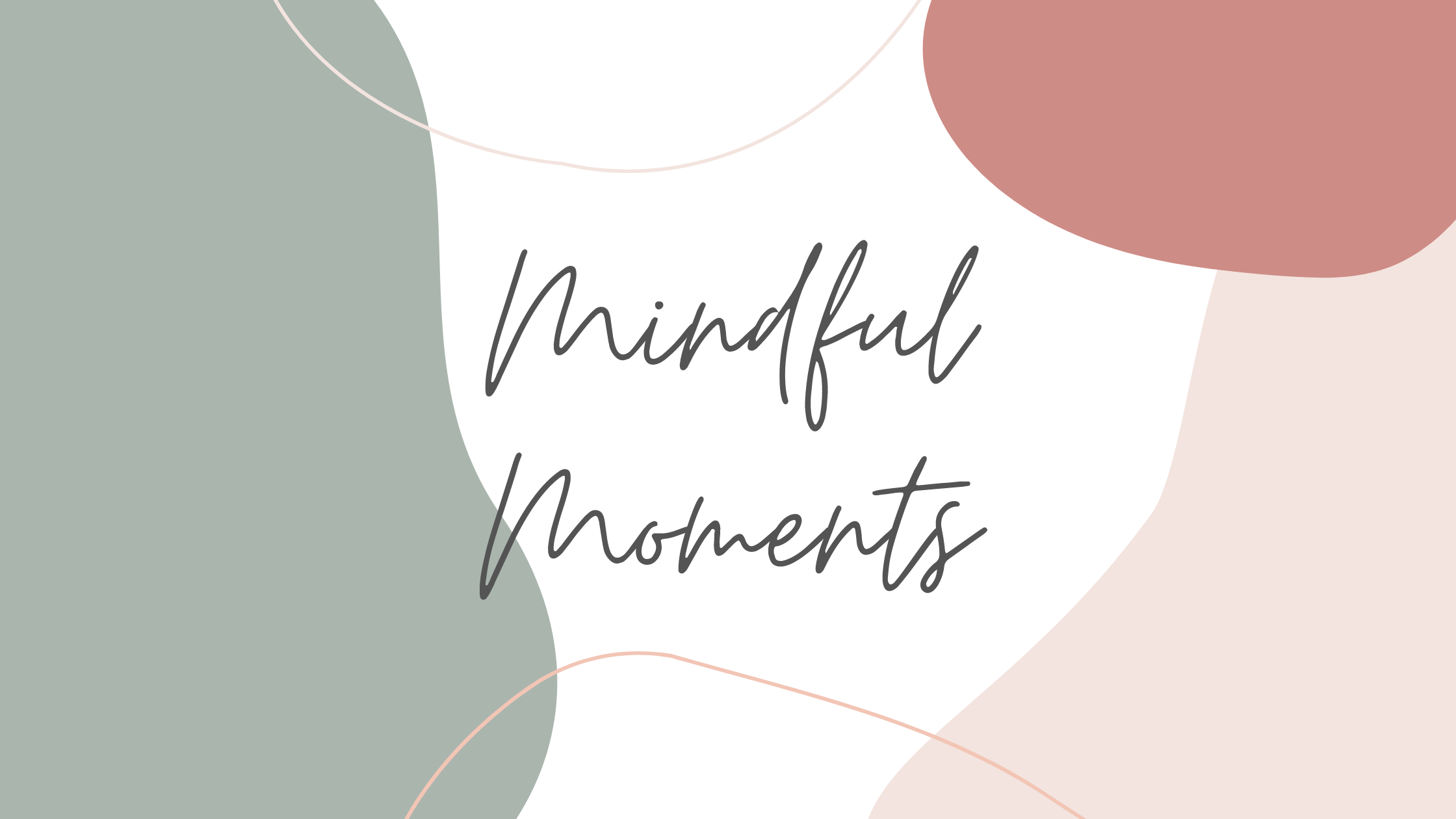Self-Care for Professors with Dr. Amanda Grieme Bradley | the nashville self-care series
/The Nashville Self-Care Series hopes to demystify how we see self-care. Often times, self-care can look expensive or impossible because we are all busy people with a budget. In this self-care dialogue, we see that self-care can be as simple as taking a break for lunch, reading a good book, or playing with your baby.
Dr. Amanda Grieme Bradley was one of my favorite professors in graduate school. Her passion for the field and joy-filled engagement with students was a highlight of my program. I am excited to share her experience as a mother, wife, professor, and therapist while incorporating self-care.
What does a typical workday look like for you?
A typical work day for me includes teaching/lecturing, meeting with students, meeting with faculty, and spending time in my office grading, working on lectures, or creating assignments. I really appreciate the different aspects of my role as a professor, as it offers me both relational opportunities as well as learning/studying opportunities.
I also have a therapy practice so some days I teach and then spend the rest of the time in session. I usually do that once a week. Prior to starting my day, it’s a bit crazy in my house! My husband and I have a 15-month old boy, so while we are getting ready for the day we are also tending to his lovely curiosity!
What are some daily, weekly, or annual/seasonal self-care practices that are beneficial to you?
Daily: One of the biggest self-care practices for me is that I always break for lunch. I give myself an hour between class or meetings to go to the cafeteria on campus and either eat with colleagues, students, or sometimes I just read alone. I have to work hard to implement this since my schedule can be fairly demanding. I’ve found that taking a break is not only good for my body but also good for me to slow down and take time for myself in the middle of the day. Another practice I have is to leave work by 4:30 or 4:45. I do pick up from daycare, so it is ideal if I can get out by 4:30. This has been one of my biggest adjustments to my workday… before I was a mommy, I would work late often. Now, I leave on time so I can have time with my little guy!
Another, more simple daily practice for me is reading fiction. I’ve always been an avid reader… my mom and I used to spend evenings and weekends reading together on the couch or porch swing. Taking this time to slow down and get caught up in a good story is nurturing to me.
Weekly: The weekends are family time for me. My husband and I work long days so I often feel like I don’t get enough time with my son during the week. Saturday mornings we go to a toddler music class, which is joyful and chaotic and really the cutest thing (shout out to Kym Johnson at Music City Music Together!). Spending time with my husband and son, establishing our family values, laughing and dancing, are the best part of my week. For a while, we weren’t going to church and we have recently started attending church again. This practice, this weekly ritual, is quite grounding for me. I love liturgy, I love old hymns, and I love the reverence a church service can foster.
Seasonal: I started going to monthly spiritual direction (Mallory Wyckoff is a gift!). This is a time for me to drop down, reflect on my journey with God, and identify how God is showing up in my daily life. It also slows me down … I tend to ‘go’ quickly all day long, so spiritual direction helps me slow down, reflect, and just be.
How have self-care practices impacted your life and work?
The better I take care of myself, the more intentional I am about my day. Something I’m aware of right now is that I tend to function like a ‘human doing’ rather than a ‘human being’. Self-care reminds me that I am a human, not a robot. When I slow down, I am more present in my relationships and in my work. My friends teach me a lot about self-care, too, so I think this can be contagious. As I see them take time, I am reminded to do the same.
What are some obstacles in this season of life that make self-care a challenge?
Self-care has historically been difficult for me. I am driven by efficiency, tasks, and production, so self-care has not always seemed important, relevant, or productive. However, I have learned that if I don’t take care of myself, I will get depleted, have health issues, and just get lost. Also, it’s hard to serve others when you are not taking care of yourself. The two main obstacles to self-care right now are being a mom and being busy. Learning balance as a mother has been a challenge for me … I am often exhausted at the end of the day, so it’s hard to prioritize journaling or spiritual reading when I am just done with the day. Since I work two jobs (therapist and professor), my days are often slammed and busy. I am the one that schedules those days, so my continual lesson is to slow down and use more intentionality with my schedule.
Are there any practices of self-care that you are implementing in 2018?
For Lent, I am taking a break from all social media. This is definitely a form of self-care for me. It’s easy to see the lives of other people on social media and believe that people always are living perfectly, happily, etc. Seeing beautiful pictures is not always beneficial for my heart. My toddler is not always smiling, I am not always looking cute, and my husband and I barely get to go on dates … and Instagram would indicate that everyone is experiencing the opposite for me. Already, I’m noticing how much better I feel since taking this fast.
How does the field of academia practice or promote self-care?
Academia prioritizes production in terms of research, better classroom instruction, more participation in meetings, etc. I have not noticed self-care modeled in academia, which is a hard reality. We all walk around, frazzled, from one thing to the next. Many of us show up early and work late. Many women in academia struggle with imposter syndrome, which I believe drives us to work even harder and make more personal sacrifices. I would love to try to be a change in this cultural value.
How would your industry/field look different if self-care was a core value?
This is a theme for me, but I think we would all slow down. I think we would meet less and connect more. We would model for each other and our students how to honor ourselves. There is a way to be successful while also taking good care of yourself.
Are there any books/movies/songs that are currently life-giving for you?
I just started Pilgrimage of a Soul: Contemplative Spirituality for the Active Life by Phileena Heuertz. It fits well with my journey of slowing down. I’ve also been using a prayer book published by the Irish Jesuits entitled Sacred Space. I’ve been listening to a lot to the beautiful trio Joseph; their harmonies are gorgeous and let me pretend like I know how to sing!
Amanda Grieme Bradley, Ph.D., LMFT, is a full-time associate professor of undergraduate psychology at Trevecca Nazarene University. She is also department chair of the social & behavior sciences department. In addition to her work with at Trevecca, she maintains a private therapy practice. Amanda grew up in Central Illinois but has called Nashville home since 2002. Amanda is married to her husband CJ, and they have a 15-month old son named Monroe.
Thanks again to Dr. Amanda Grieme Bradley for participating in the Nashville Self-Care Series. If you are looking to add counseling to your self-care plan, contact Jessica at 615-979-4168 or by filling out this form.














